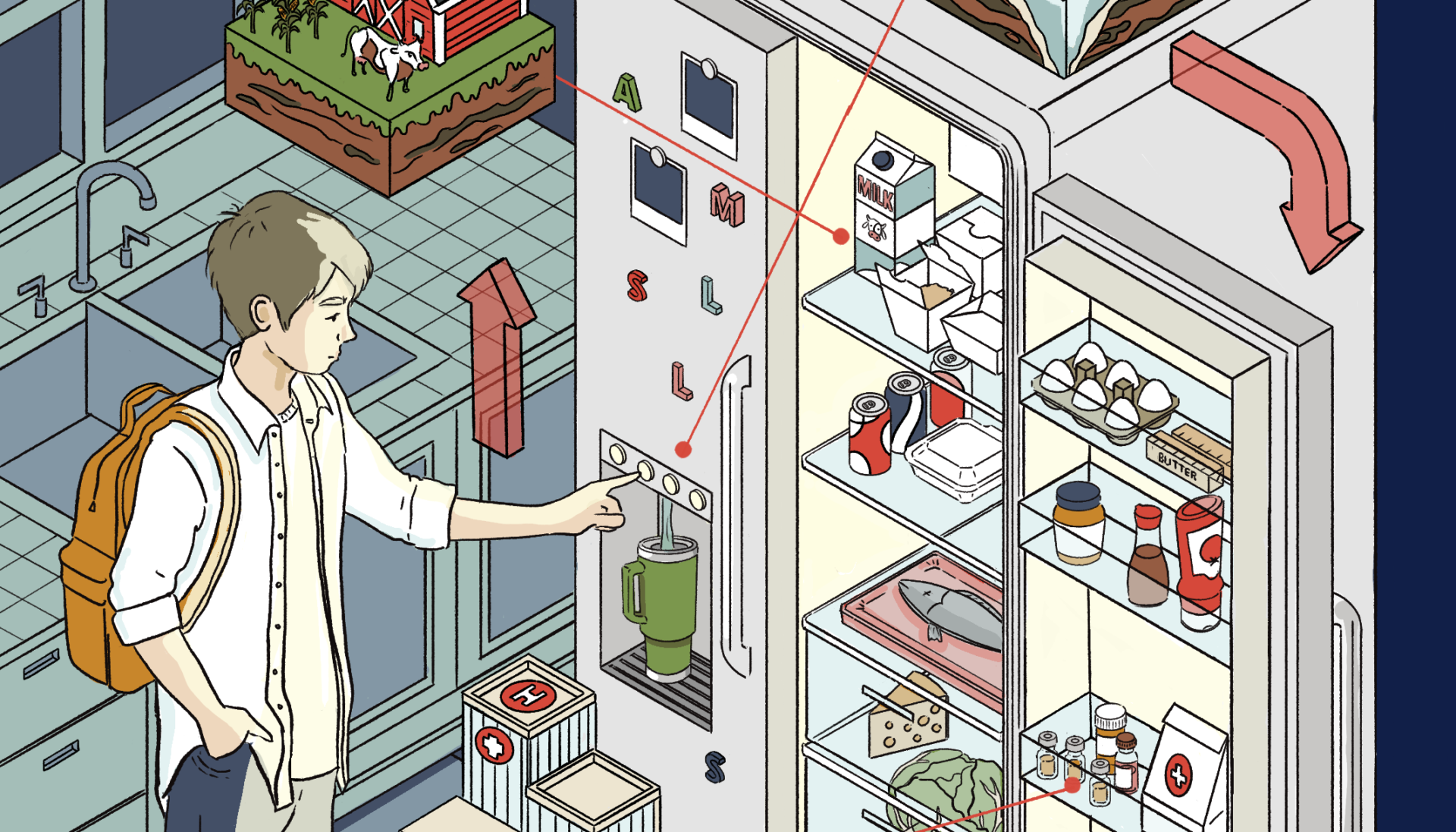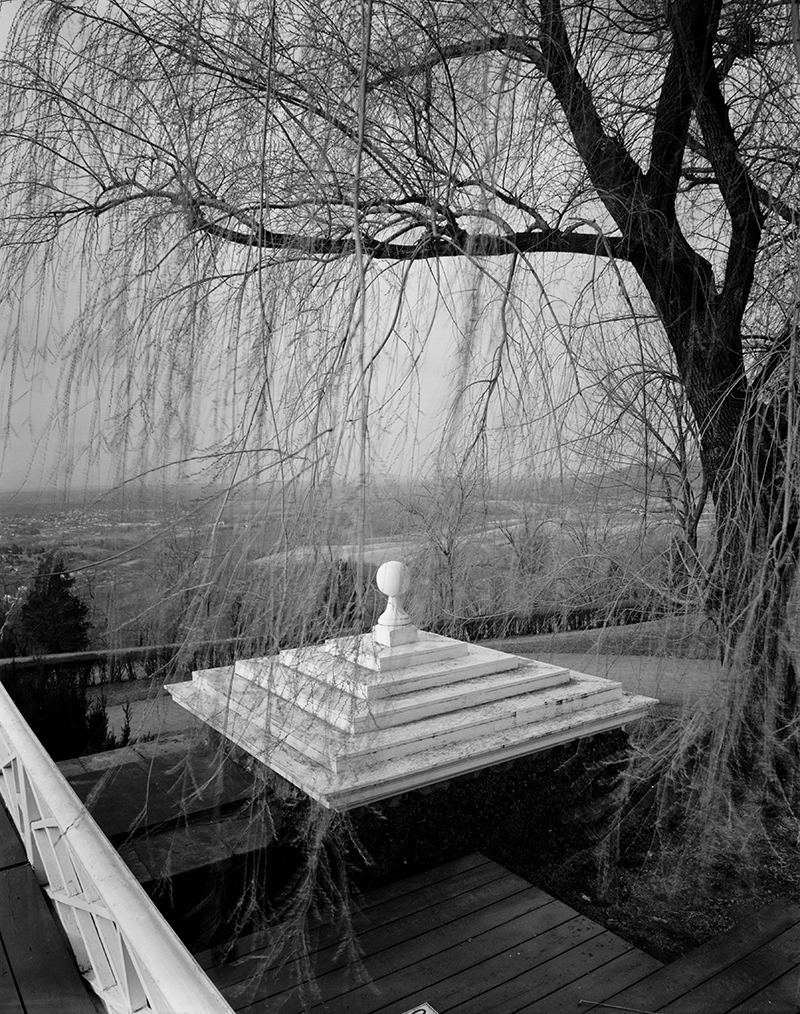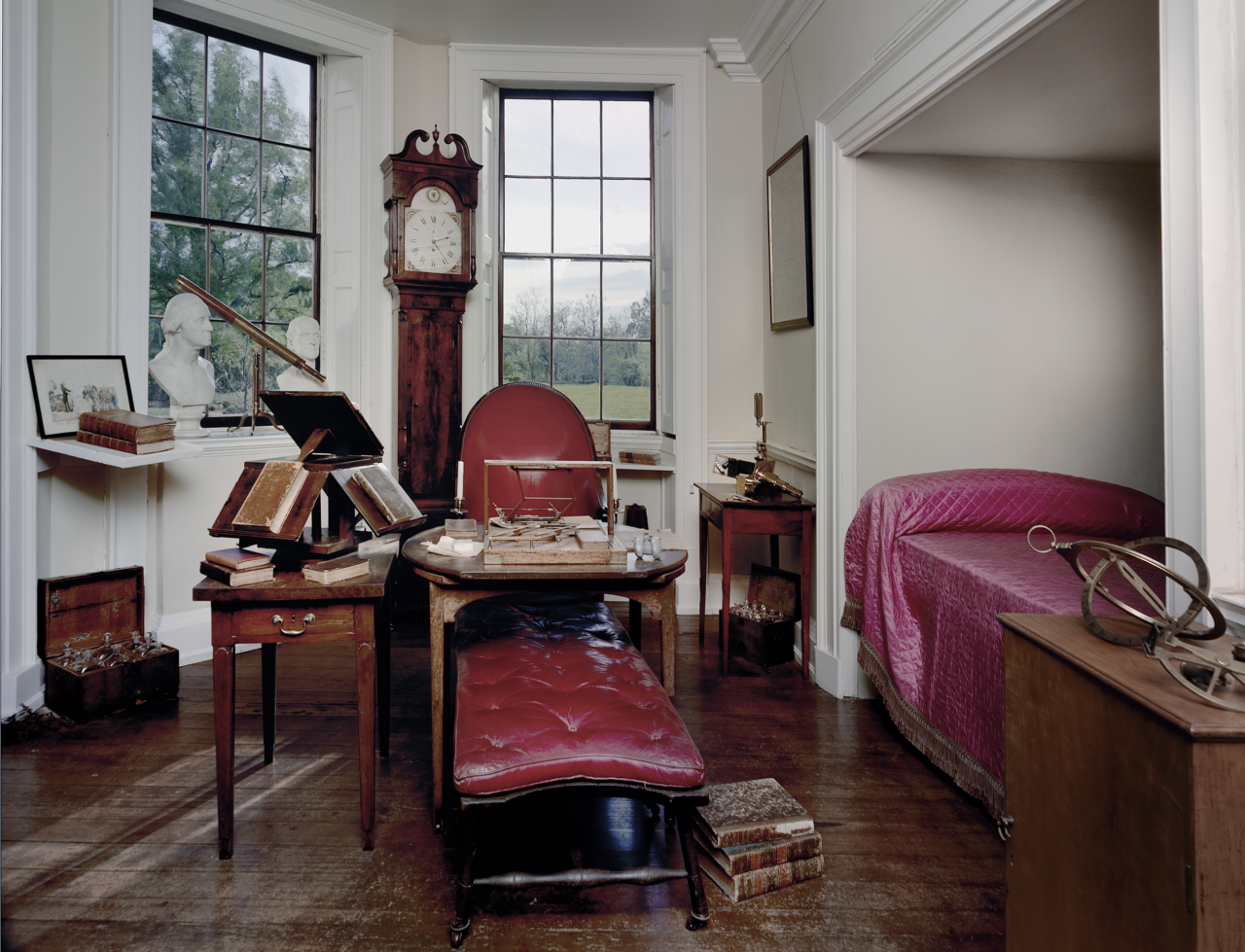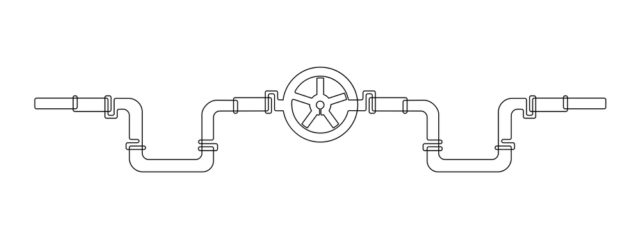
At the rehearsal dinner I began thinking about Thomas Jefferson’s ink. My wife and I were at a fancy destination wedding on a faraway island in the Pacific Northwest. Around us were musicians, catered food, a full bar, and chandeliers, all set against a superb ocean sunset. Not for the first time, I was thinking about how amazing it is that relatively ordinary middle-class Americans could afford such events — on special occasions, at least.
My wife and I were at a tableful of smart, well-educated twenty-somethings — friends of the bride and groom. The wedding, with all its hope and aspiration, had put them in mind of the future. As young people should, they wanted to help make that future bright. There was so much to do! They wanted the hungry to be fed, the thirsty to have water, the poor to have light, the sick to be well.
But when I mentioned how remarkable it was that a hundred-plus people could parachute into a remote, unfamiliar place and eat a gourmet meal untroubled by fears for their health and comfort, they were surprised. The heroic systems required to bring all the elements of their dinner to these tables by the sea were invisible to them. Despite their fine education, they knew little about the mechanisms of today’s food, water, energy, and public-health systems. They wanted a better world, but they didn’t know how this one worked.
This is not a statement about Kids These Days so much as about Most People These Days. Too many of us know next to nothing about the systems that undergird our lives. Which is what put me in mind of Thomas Jefferson and his ink.

Jefferson was one of the richest men in the new United States. He had a 5,000-acre plantation worked by hundreds of slaves, a splendid mansion in Virginia that he had designed himself, one of the biggest wine collections in America, and one of the greatest private libraries in the world — it became the foundation of the Library of Congress. But despite his wealth and status his home was so cold in winter that the ink in his pen sometimes froze, making it difficult for him to write to complain about the chill.
Jefferson was rich and sophisticated, but his life was closer to the lives of people in the Iron Age than it was to ours. This is true literally, in that modern forms of steel and other metal alloys hadn’t been invented. But it is most true in the staggering fact that everyone at the rehearsal dinner was born and raised in luxury unimaginable in Jefferson’s time.
The young people at my table were anxious about money: starter-job salaries, high rents, student loans. But they never worried about freezing in their home. They could go to the sink and get a glass of clean water without fear of getting sick. Most of all, they were alive. In 1800, when Jefferson was elected president, more than one out of four children died before the age of five. Today, it is a shocking tragedy if a child dies. To Jefferson, these circumstances would have represented wealth and power beyond the dreams of avarice. The young people at my table had debts, but they were the debts of kings.
Jefferson lived in a world of horse-drawn carriages, blazing fireplaces, and yellow fever. But what most separates our day from his is not our automobiles, airplanes, and high-rise apartments — it is that today vast systems provide abundant food, water, energy, and health to most people, including everyone at the rehearsal dinner. In Jefferson’s time, not even the president of the United States had what we have. But few of us are aware of that, or of what it means.

The privilege of ignorance was not available to Jefferson. Monticello’s water supply was a well, which frequently ran dry. The ex-president had to solve the problem on his own. Even if he had had a telephone, there was nobody to call — water utilities did not exist. To make his water supply more reliable, he decided to create a backup system: four cisterns, each eight feet long, wide, and deep, that would store rainwater. His original designs leaked and were vulnerable to contamination. Jefferson, aided by hired architects and slave labor, spent a decade working out how to improve them. He was immersed in his own infrastructure.
We, too, do not have the luxury of ignorance. Our systems serve us well for the most part. But they will need to be revamped for and by the next generation — the generation of the young people at the rehearsal dinner — to accommodate our rising population, technological progress, increasing affluence, and climate change.
The great European cathedrals were built over generations by thousands of people and sustained entire communities. Similarly, the electric grid, the public-water supply, the food-distribution network, and the public-health system took the collective labor of thousands of people over many decades. They are the cathedrals of our secular era. They are high among the great accomplishments of our civilization. But they don’t inspire bestselling novels or blockbuster films. No poets celebrate the sewage treatment plants that prevent them from dying of dysentery. Like almost everyone else, they rarely note the existence of the systems around them, let alone understand how they work.

Jefferson believed that an informed citizenry was necessary to democratic self-rule — a mandate that extends all the way out to understanding the systems that envelop us. It’s easy to see why he believed this: Voters who understand how we are entwined with these systems will support maintaining and expanding them for our children and grandchildren. Food, electricity, water, and public-health systems obviously make our individual lives more comfortable. But they are also essential to our collective economic prosperity. Failed infrastructure is one big reason why so many poor countries remain poor. As a citizen and a parent, I don’t want our country to get anywhere near that territory.
There’s another, equally important reason for thinking about the systems around us. Water, food, energy, public health — these embody a gloriously egalitarian and democratic vision of our society. Americans may fight over red and blue, but everyone benefits in the same way from the electric grid. Water troubles and food contamination are afflictions for rich and poor alike. These systems are powerful reminders of our common purpose as a society — a source of inspiration when one seems badly needed.
Every American stands at the end of a continuing, decades-long effort to build and maintain the systems that support our lives. Schools should be, but are not, teaching students why it is imperative to join this effort. Imagine a course devoted to how our country functions at its most basic level. I am a journalist who has been lucky enough to have learned something about the extraordinary mechanisms we have built since Jefferson’s day. In this series of four articles, I want to share some of the highlights of that imaginary course, which I have taken to calling “How the System Works.”
We begin with our species’ greatest need and biggest system — food.

Julie Wallace, the illustrator of this series, is an artist and teacher. Her website is JulieBWallace.com.
Exhausted by science and tech debates that go nowhere?